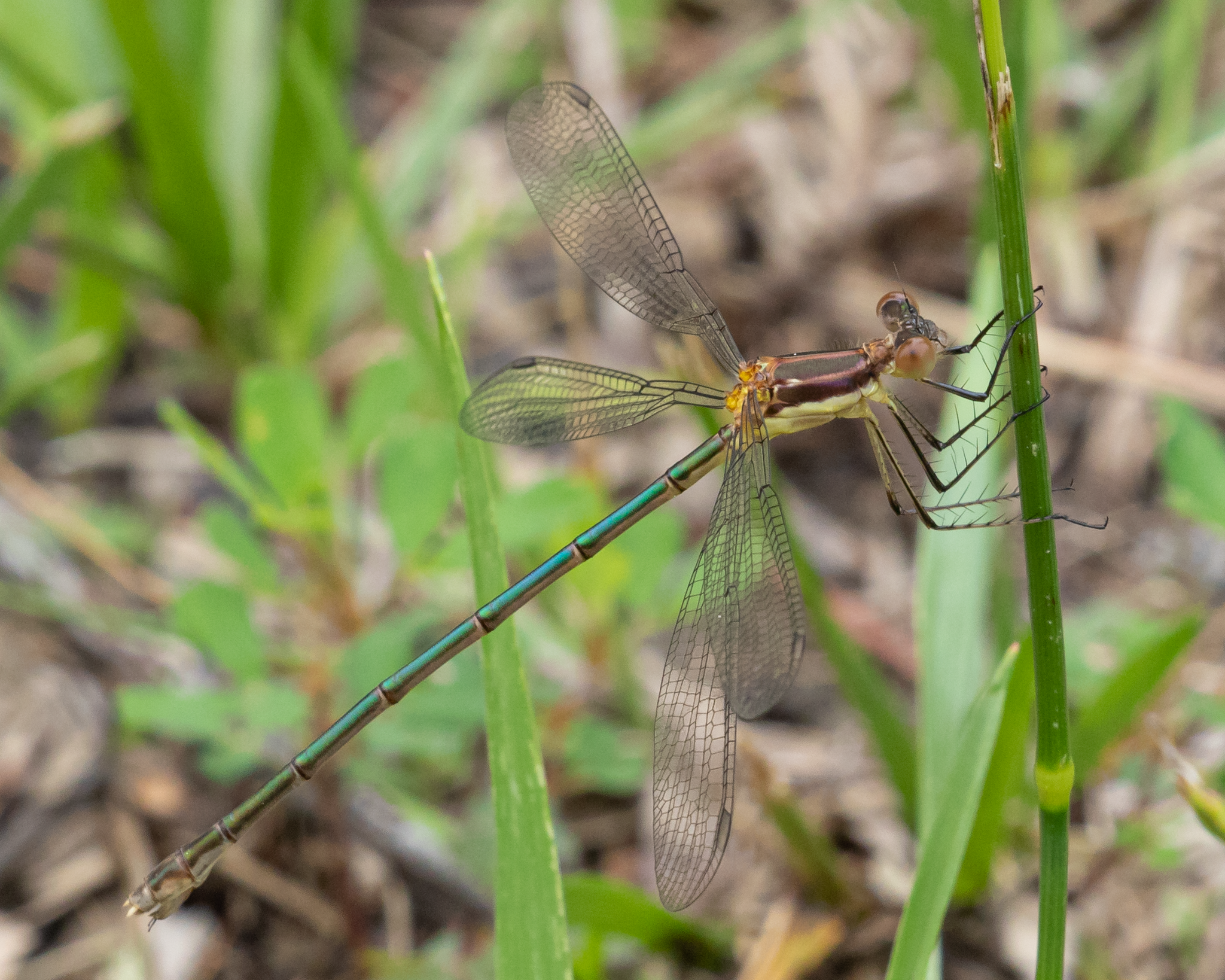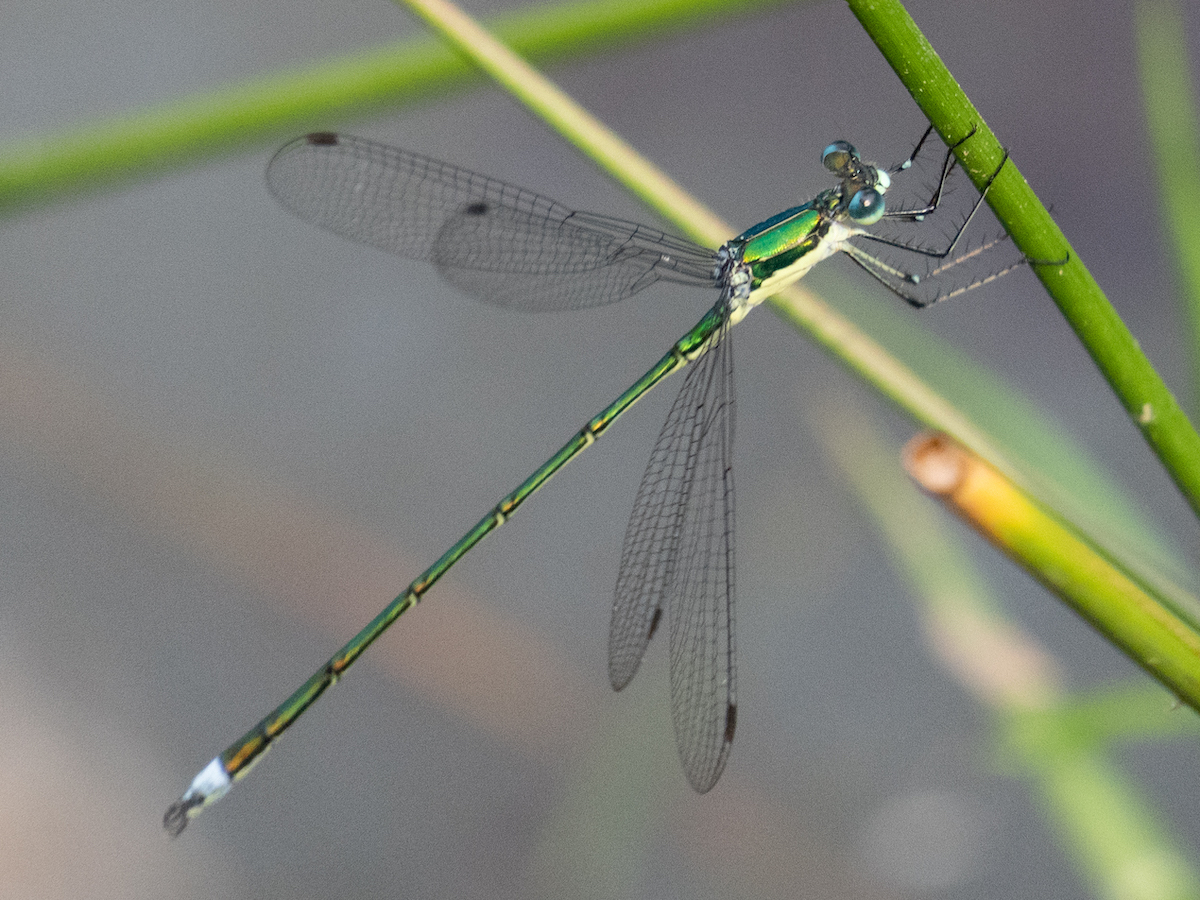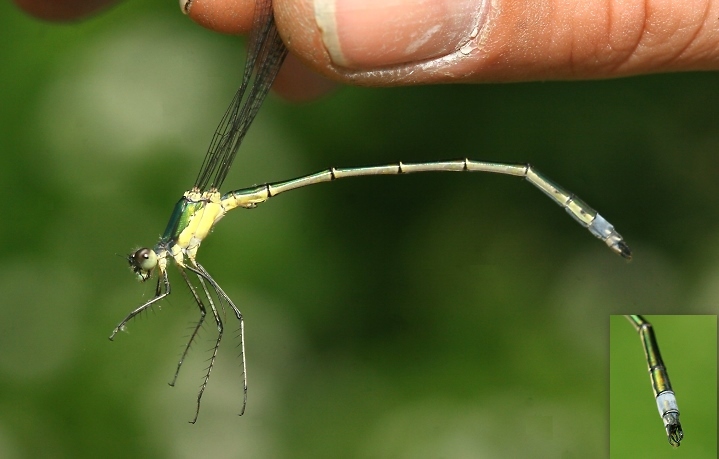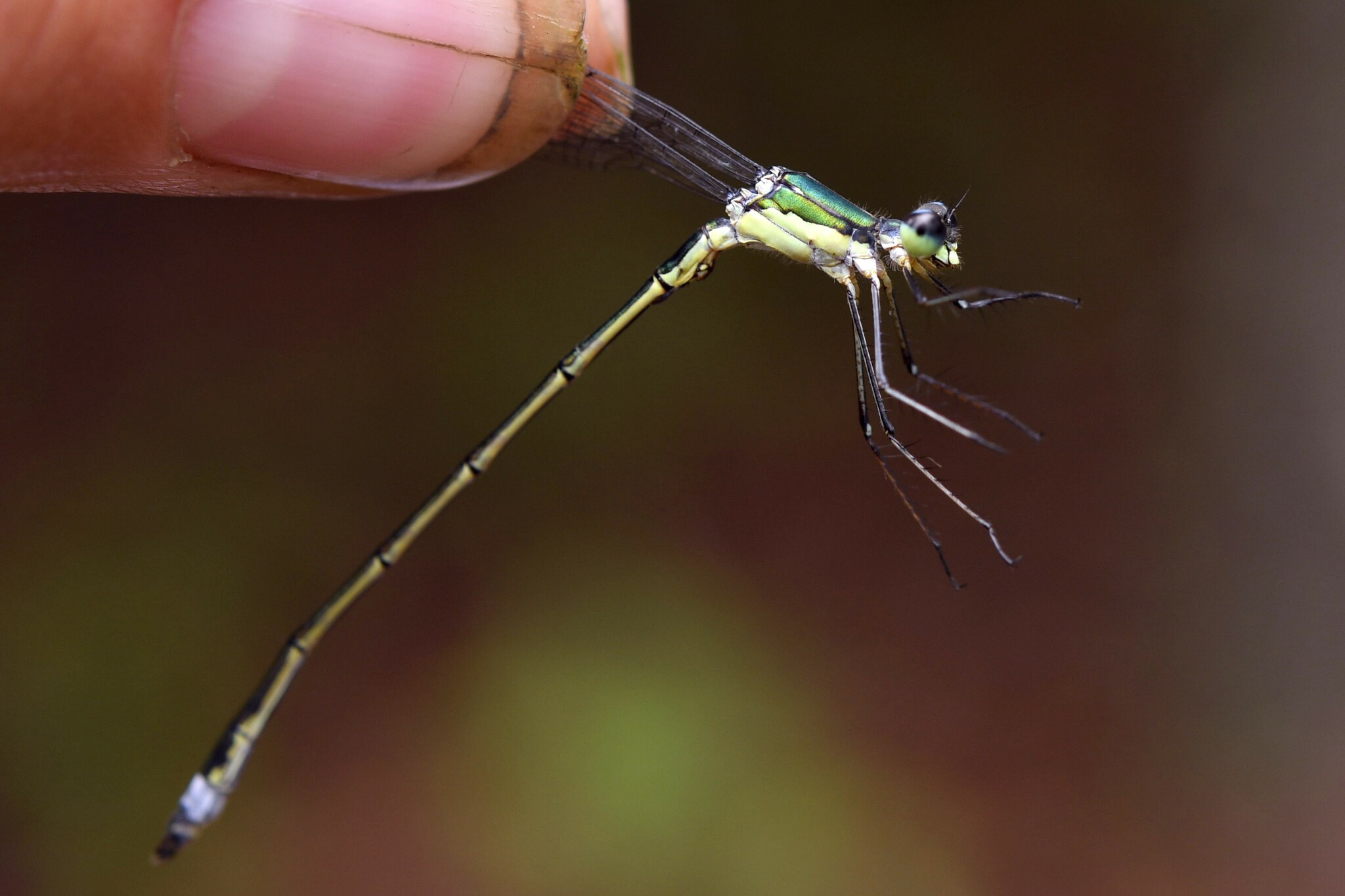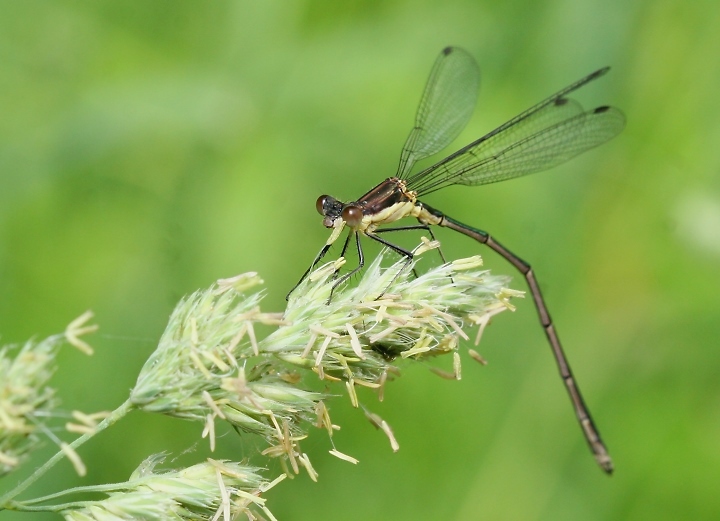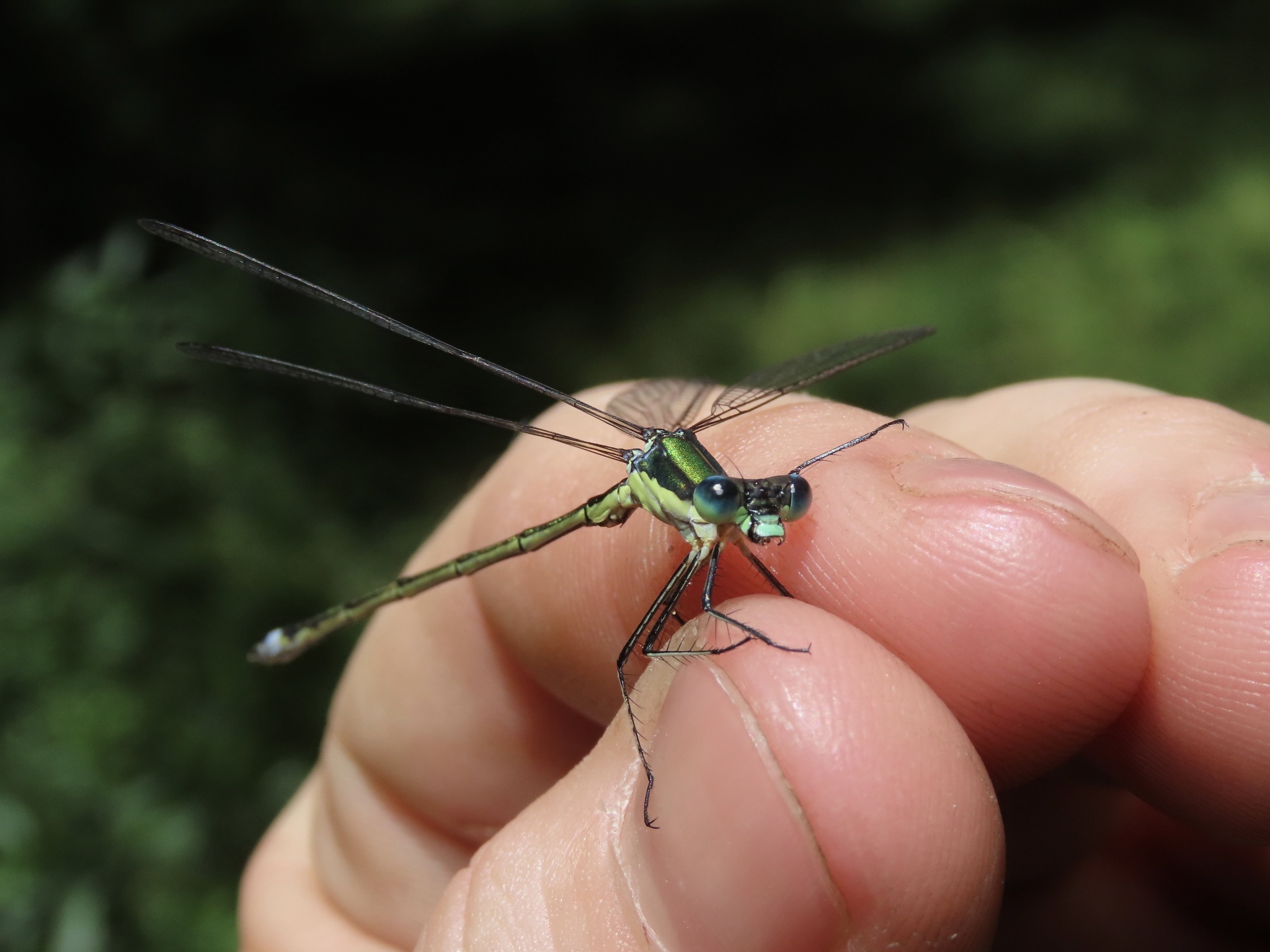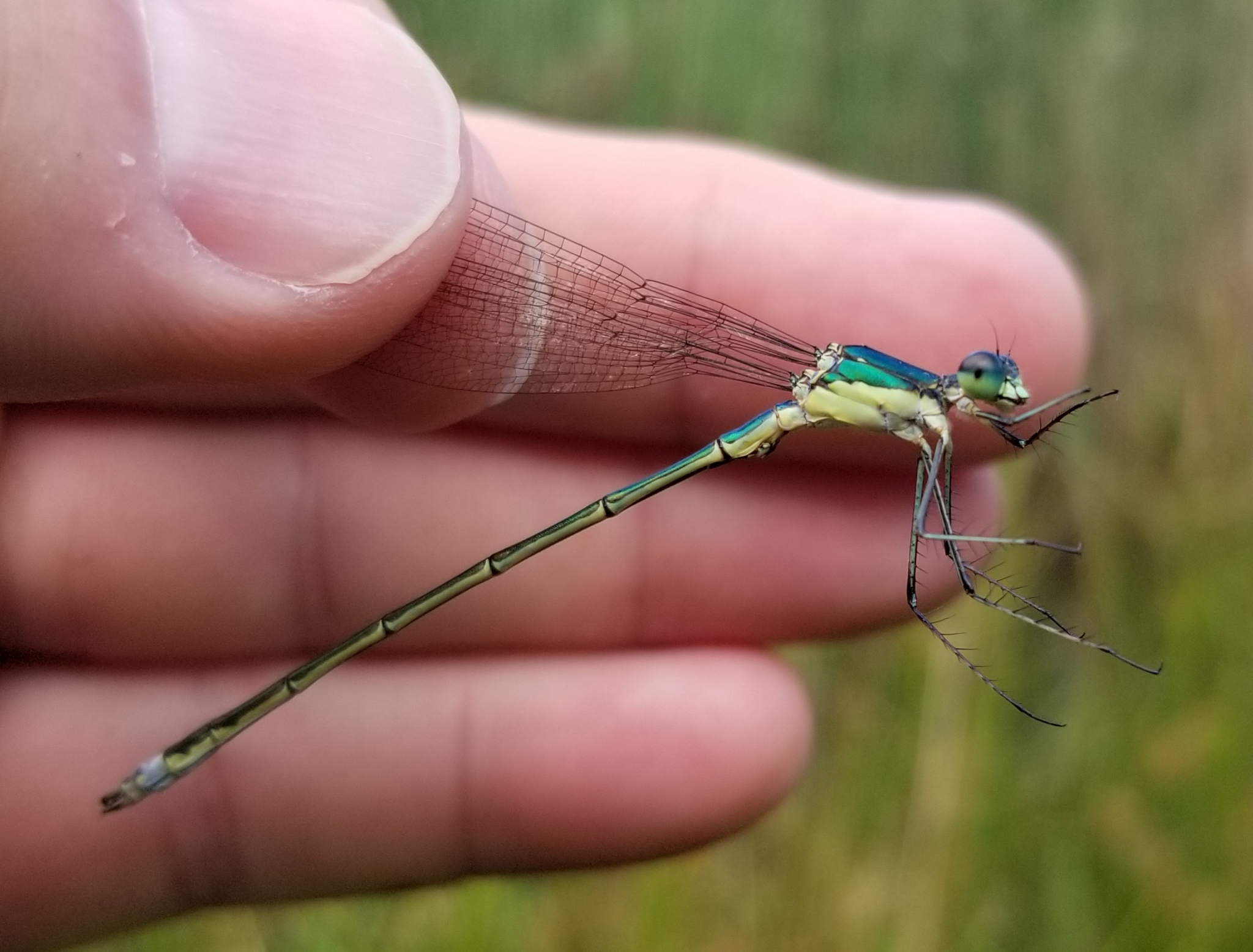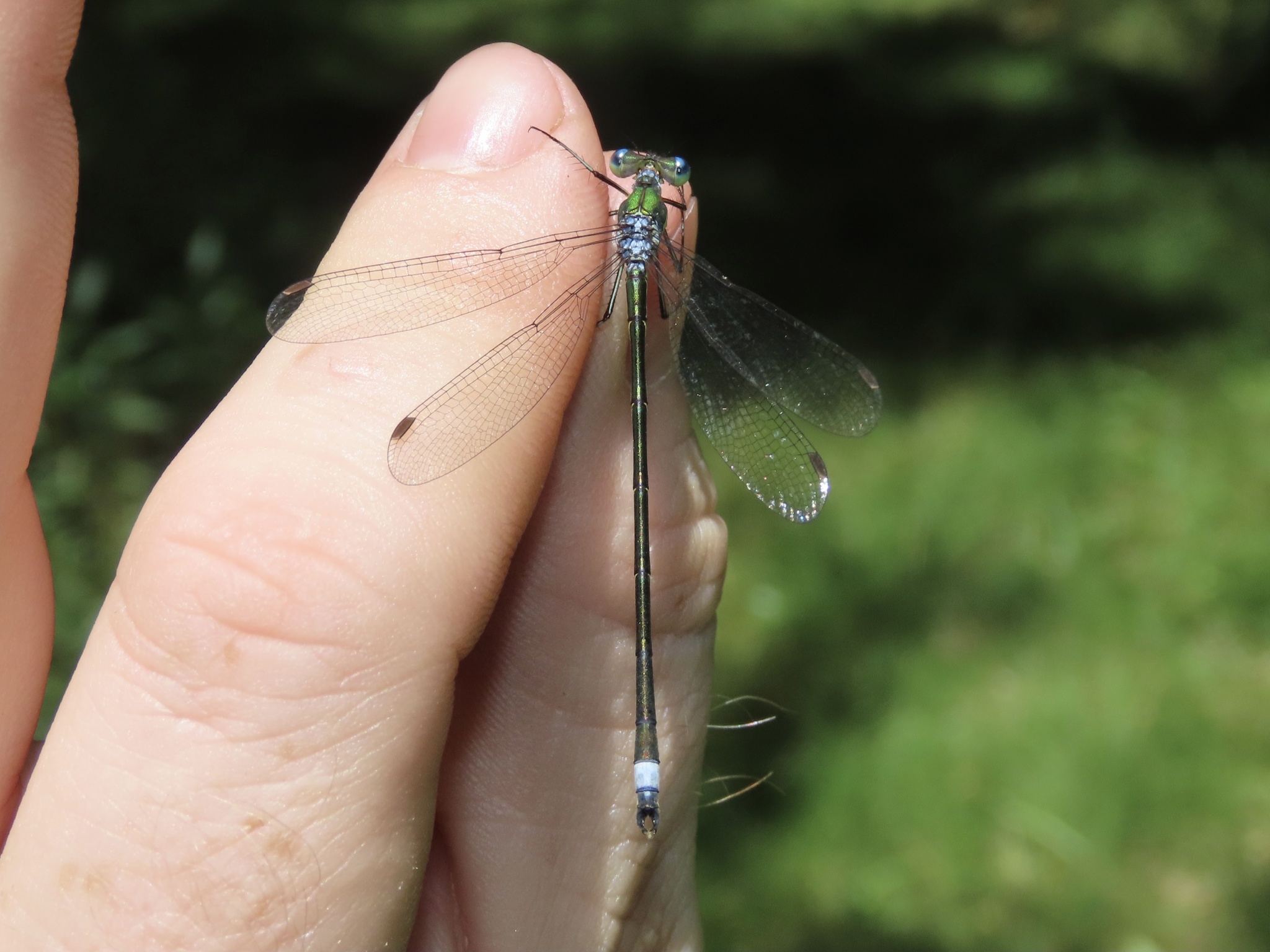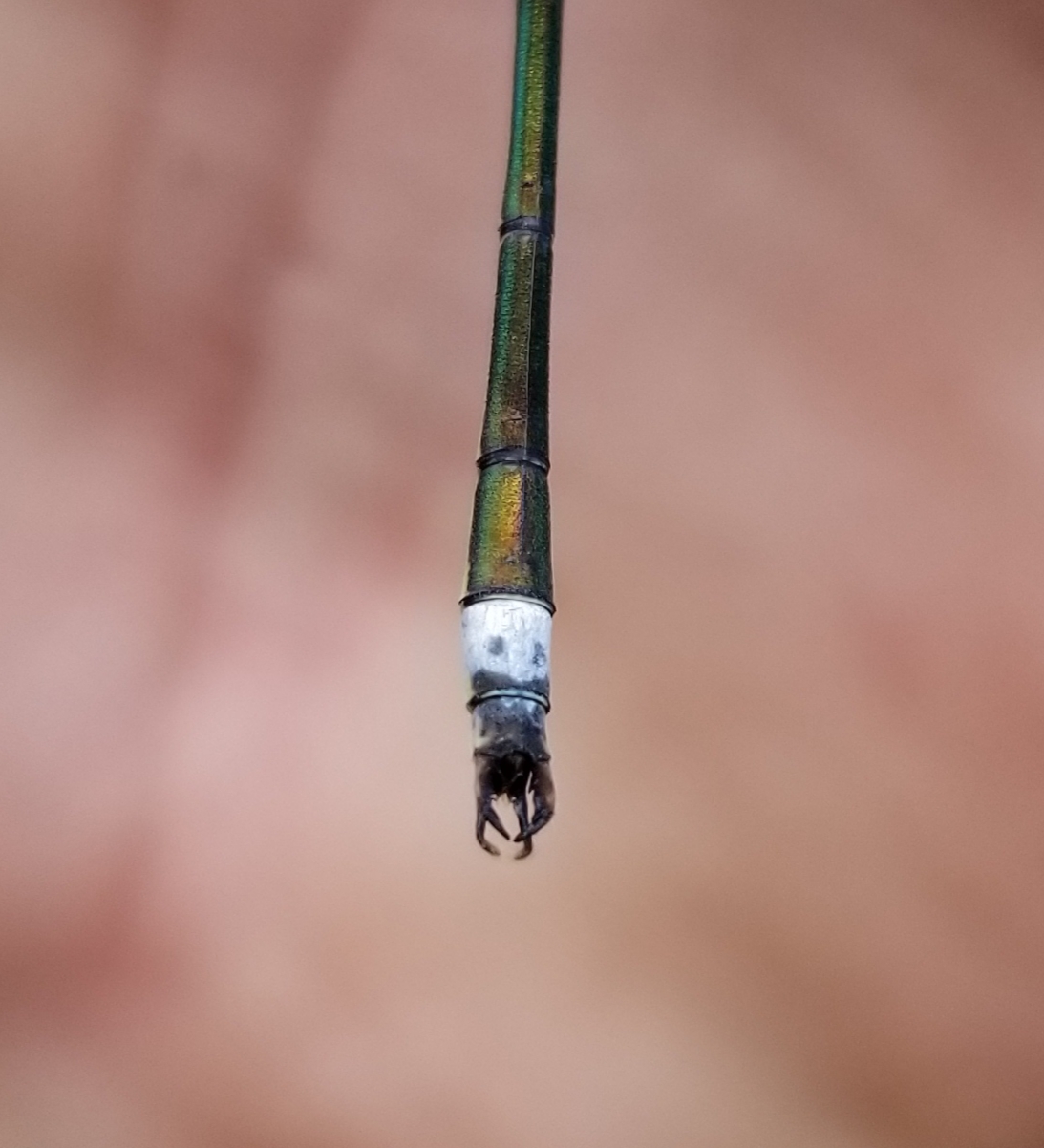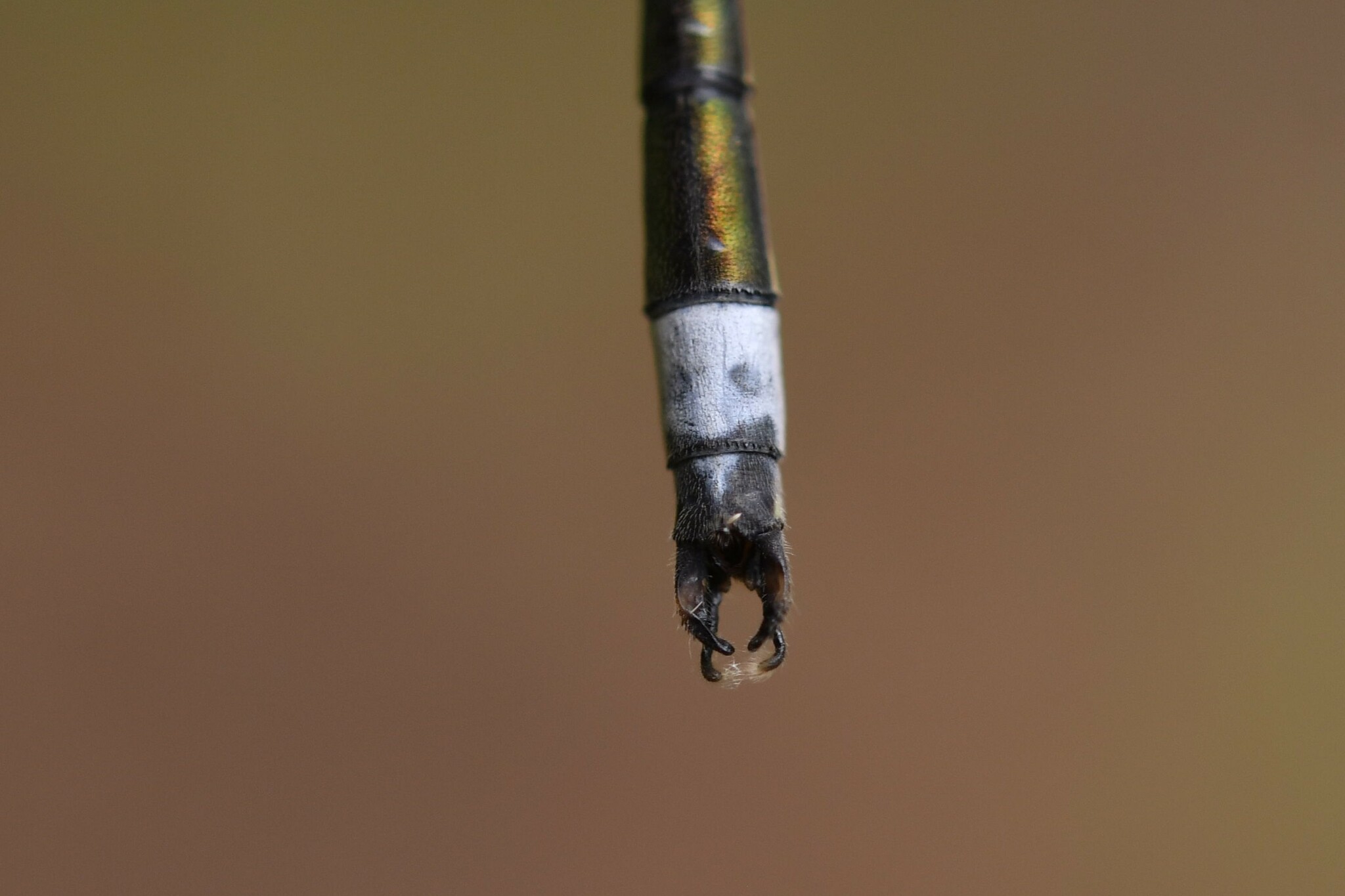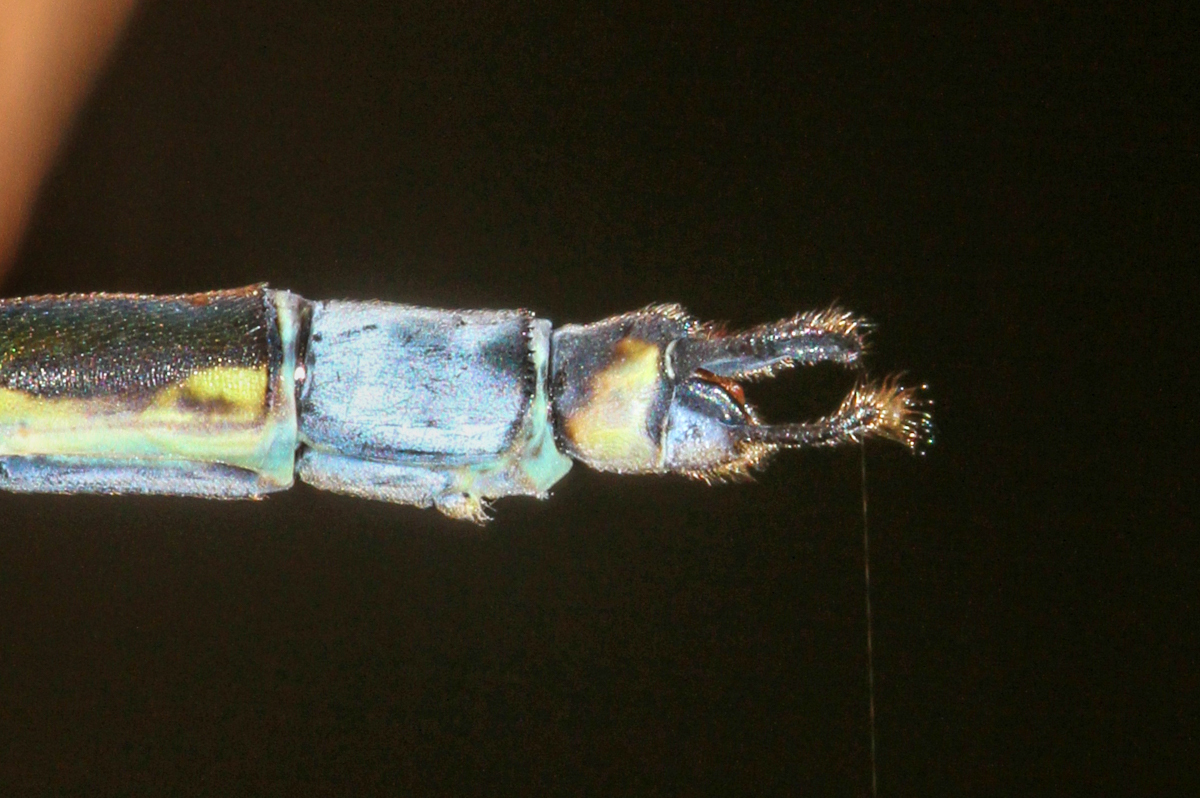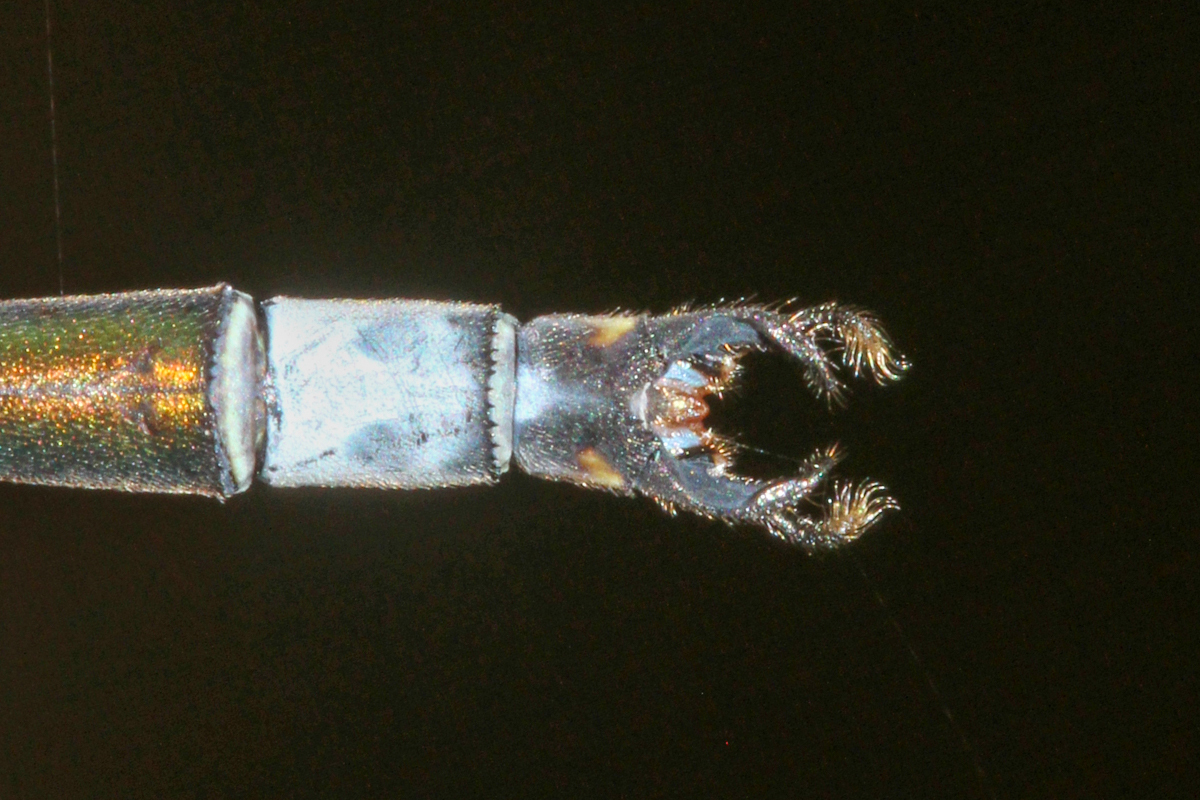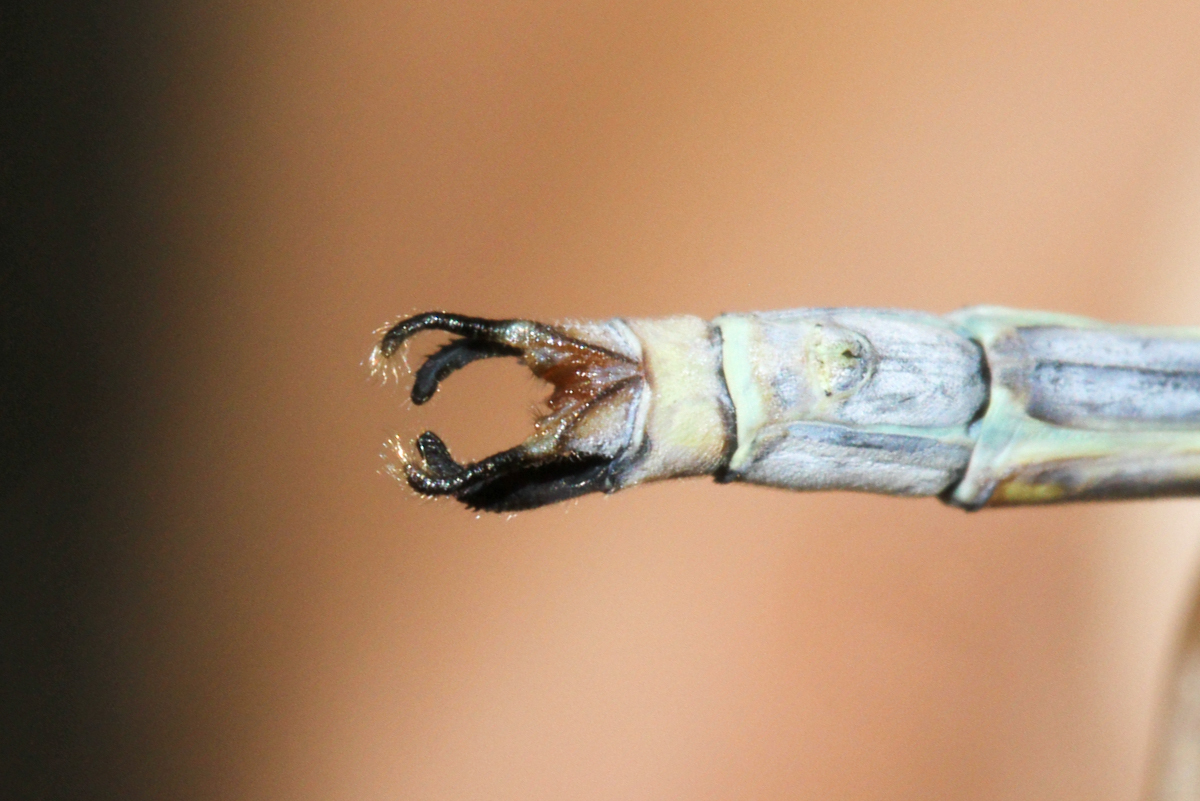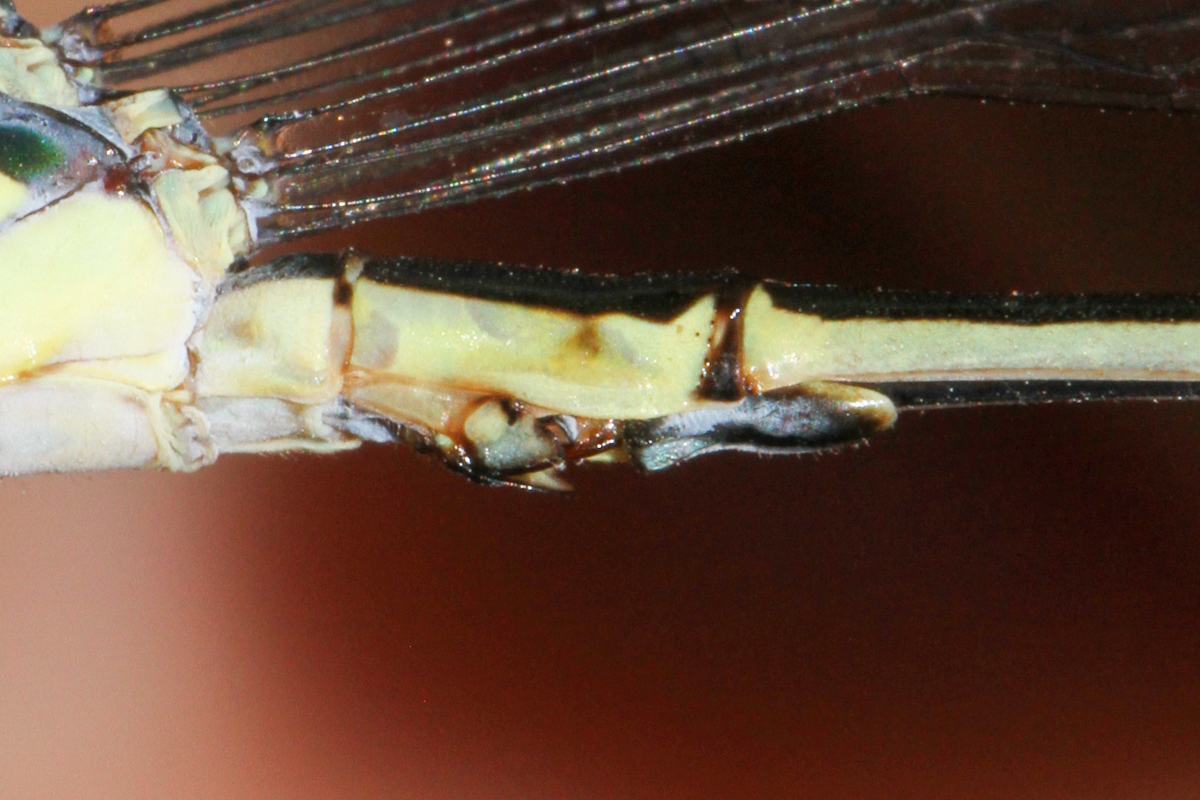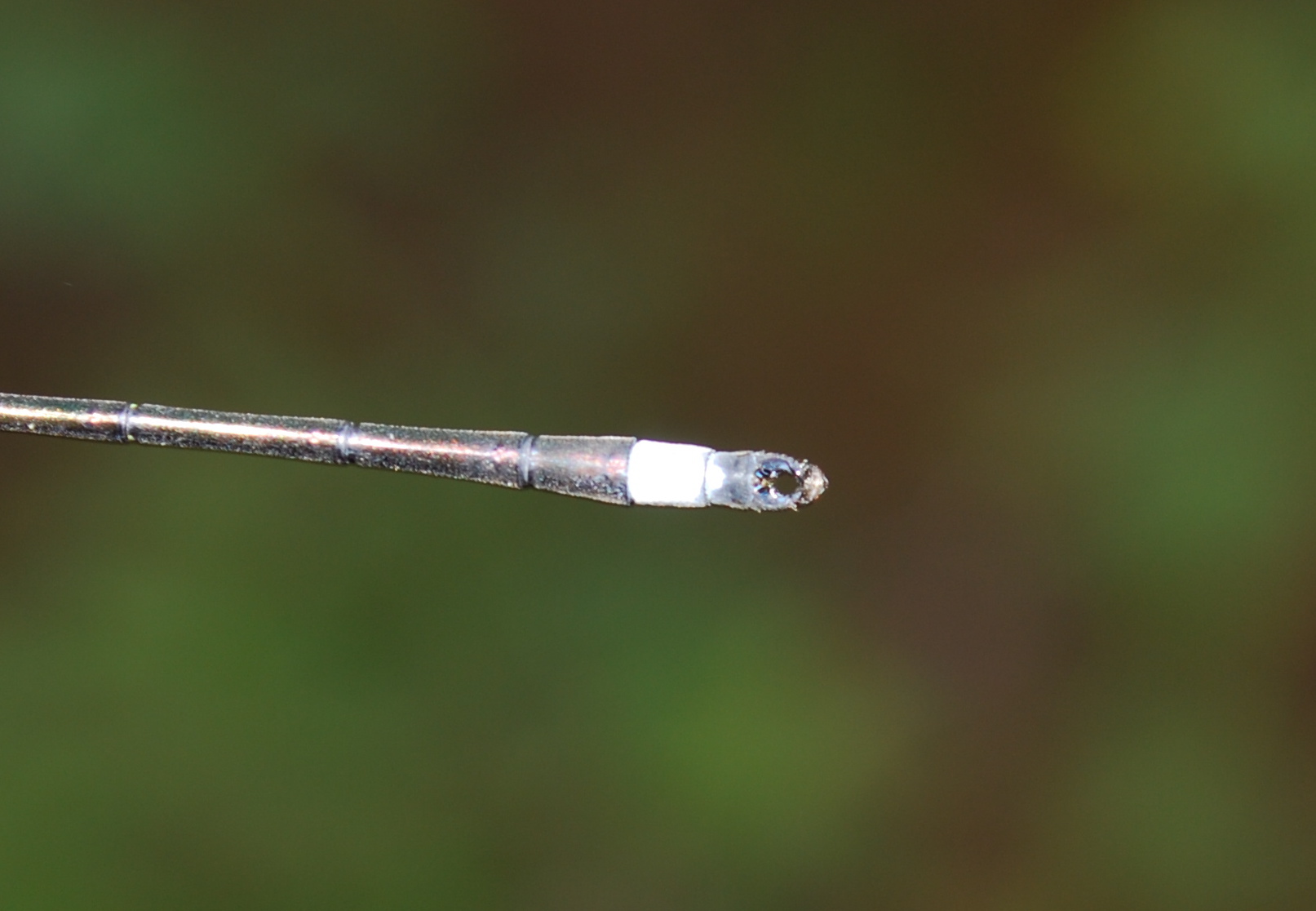Map Snapshot


















67 Records
Status
Elegant Spreadwing (Lestes inaequalis) is a large, elongate pond spreadwing, widespread in Maryland, but not considered especially common (Richard Orr-Maryland Odonata website). It breeds primarily in well-vegetated ponds and lakes, but also occasionally frequents slow forest streams. The paraprocts are distinctively longer than the cerci in males of this species (Paulson, 2011).
Seasonality Snapshot
Source: Wikipedia
| Elegant spreadwing | |
|---|---|

| |
| Scientific classification | |
| Domain: | Eukaryota |
| Kingdom: | Animalia |
| Phylum: | Arthropoda |
| Class: | Insecta |
| Order: | Odonata |
| Suborder: | Zygoptera |
| Family: | Lestidae |
| Genus: | Lestes |
| Species: | L. inaequalis
|
| Binomial name | |
| Lestes inaequalis Walsh, 1862
| |
| Synonyms | |
|
Lestes virgo Calvert, 1897 | |
The elegant spreadwing (Lestes inaequalis) is a species of damselfly in the family Lestidae, the spreadwings. It is native to eastern North America, including eastern Canada and the United States.[1]
Description
[edit]This species is 45 to 60 millimeters long.[2] The male has a metallic green and yellow thorax and a blue-tipped green abdomen. The body is pruinose, especially in older specimens. The female has a thicker body with duller coloration. This species is similar to the swamp spreadwing (L. vigilax) but larger in size, and to the amber-winged spreadwing (L. eurinus) but without the amber wings.[3]
Biology
[edit]This species lives near freshwater bodies such as streams, lakes, ponds, and marshes.[3] It may live under the canopy in wooded areas.[2]
The elegant spreadwing is known to feed on smaller damselflies.[2]
References====External links
[edit] Media related to Lestes inaequalis at Wikimedia Commons
Media related to Lestes inaequalis at Wikimedia Commons Data related to Elegant spreadwing at Wikispecies
Data related to Elegant spreadwing at Wikispecies
- ^ NatureServe. 2015. Lestes inaequalis. NatureServe Explorer. Version 7.1. Accessed January 28, 2016.
- ^ a b c Lestes inaequalis. Archived March 3, 2016, at the Wayback Machine Odonata Central.
- ^ a b Lestes inaequalis. Wisconsin Odonata Survey. Wisconsin Department of Natural Resources.
